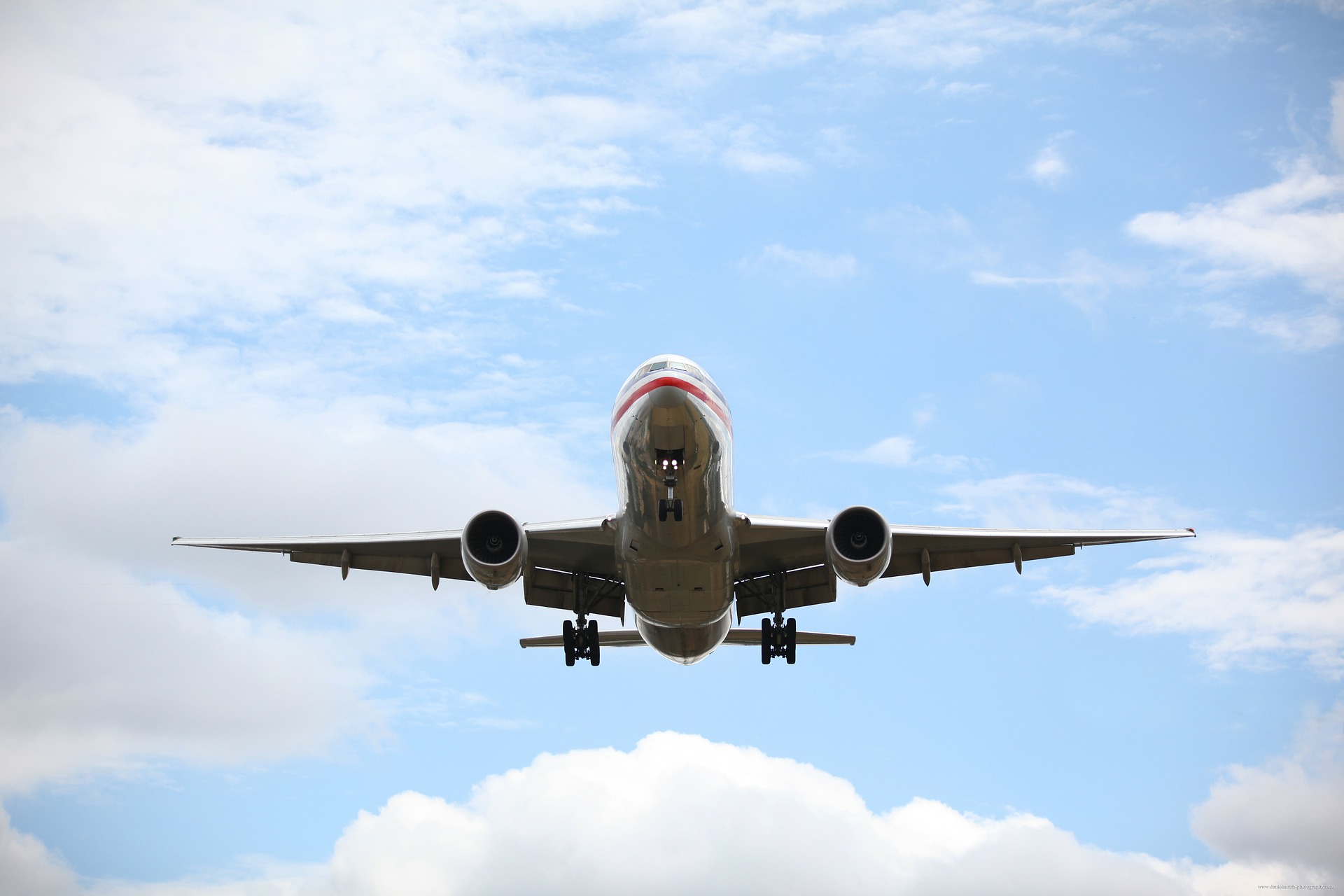US Airways made news last November when the Transportation Department fined them $1.2 million for failing to provide assistance for their passengers with disabilities, specifically people using wheelchairs. Investigators called the violations “egregious,” noting that people were left unattended on planes after other passengers got off, being taken to the wrong gate, and more. This was one of the largest penalties for a disability case in recent history, and US Airways pledged to do better. But just a couple weeks later, they came under fire again when they kicked a blind passenger off the plane when his service dog walked into the aisle.
This incident, and many others, have many people asking: are fines enough to curb mistreatment of people living with disabilities by airlines?
A recent article in the LA Times examining the prevalence and impact of these fines suggests they are not. From the article:
The heftiest fines — nearly four times higher than the average penalty — were issued to airlines that neglected or mistreated disabled passengers, according to federal records.
Delta Air Lines has been assessed the largest fine — $2 million — for 22 violations from 2007 to 2011. Delta paid $750,000 of the total fine. The balance was credited to the airline for money it spent to improve services for disabled passengers, such as increasing employee training and investing in technology to ensure wheelchairs are provided to fliers who request them.
Eight years earlier, Delta was fined $1.35 million for similar violations but was required to pay only $100,000 of the fine, with the balance either forgiven or credited to the airline for making improvements to services for disabled passengers.
Critics say Delta’s repeated violations show that federal fines don’t fix bad behavior and inflict little pain on an industry that generated $12.7 billion in net profits in 2013.
Even in the US Airways case, the airline only paid the government $700,000 of the $1.2 million fine — the rest was spent within the organization to improve service to passengers with disabilities.
While fines have increased significantly after passenger rights rules were implemented in 2010, some people suggest the way to instigate change within the way airlines treat passengers — including those living with disabilities — isn’t by going after their wallet, but by going after their reputation. From the LA Times:
With disgruntled passengers turning to social media and blogs to vent their frustrations, airline experts say the companies are eager to avoid the bad publicity.
“I think in the grand scheme of things, these fines are not a lot of money,” said Nelson Granados, an associate professor of information systems at Pepperdine University, who worked in the airline industry for eight years. “But the impact to reputation is what concerns airlines.”
We want to hear from you! Do you think fines are enough? If not, what do you think will curb the mistreatment of people living with disabilities by some airlines?









